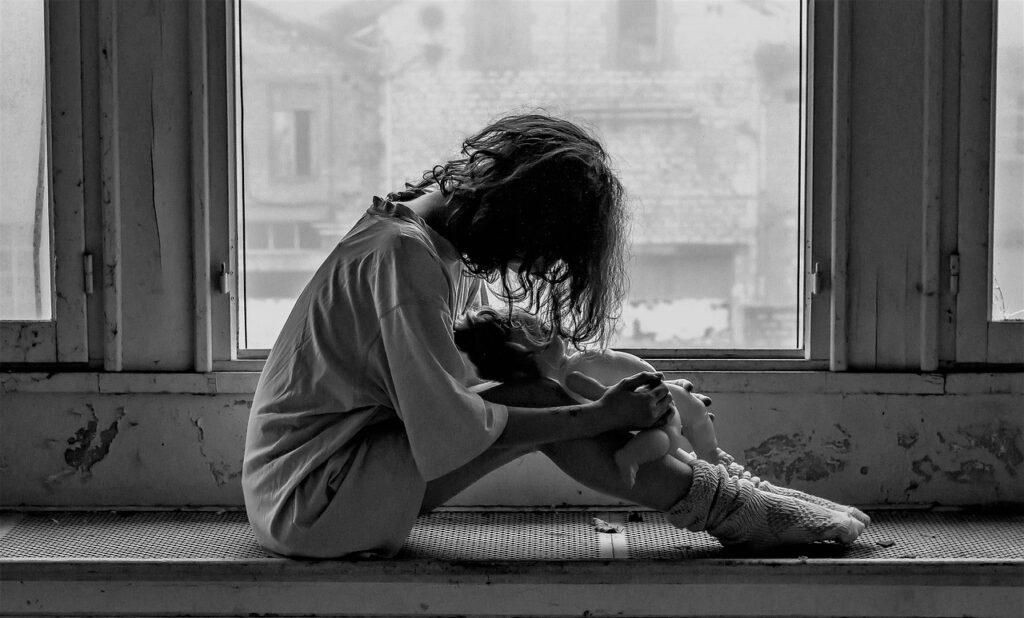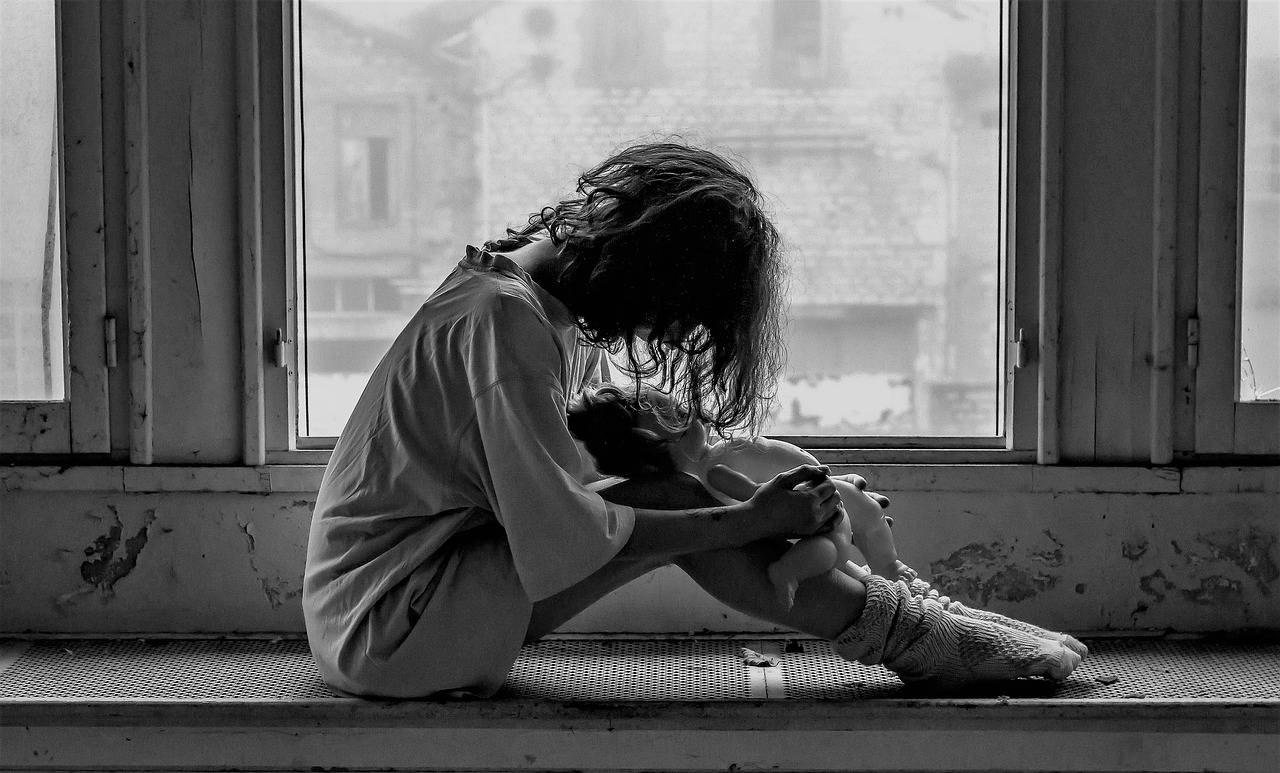Depression affects millions worldwide, impacting emotional, mental, and physical well-being. It’s more than feeling sad; it’s a persistent condition that can disrupt daily life. This article explores everything you need to know about depression, including symptoms, causes, treatments, and how to support those affected.

What is Depression?
Depression is a common but serious mental health disorder. It’s characterized by persistent sadness, loss of interest in activities, and a lack of energy. Unlike temporary feelings of sadness, depression lasts for weeks or months and may require treatment.
Types of Depression
Depression comes in different forms, each with unique challenges:
1. Major Depressive Disorder (MDD)
Characterized by severe symptoms that interfere with daily life.
2. Persistent Depressive Disorder (PDD)
Also known as dysthymia, it involves long-term, less severe symptoms.
3. Postpartum Depression (PPD)
Occurs after childbirth, affecting new mothers.
4. Seasonal Affective Disorder (SAD)
Triggered by seasonal changes, often during winter months.
5. Bipolar Depression
Part of bipolar disorder, it alternates between depressive and manic episodes.
6. Psychotic Depression
Involves symptoms of depression alongside hallucinations or delusions.
Symptoms of Depression
Depression affects everyone differently, but common symptoms include:
Emotional Symptoms:
- Persistent sadness or emptiness.
- Loss of interest in hobbies or activities.
- Feelings of hopelessness, guilt, or worthlessness.
Physical Symptoms:
- Fatigue or low energy.
- Changes in appetite or weight.
- Sleep disturbances, such as insomnia or oversleeping.
Behavioral Symptoms:
- Withdrawal from social activities.
- Difficulty concentrating or making decisions.
- Increased use of alcohol or drugs.
If these symptoms persist for more than two weeks, professional help may be needed.
Causes of Depression
There’s no single cause of depression. It’s usually the result of multiple factors:
- Biological Factors: Chemical imbalances in the brain.
- Genetics: A family history of depression increases the risk.
- Life Events: Stressful or traumatic experiences, like losing a loved one or a divorce.
- Medical Conditions: Chronic illnesses like diabetes or heart disease.
- Lifestyle: Lack of exercise, poor diet, or substance abuse.
How Depression Affects Americans
In the USA, depression is one of the leading causes of disability. According to the CDC, nearly 1 in 10 adults experience some form of depression. Work-related stress, economic pressures, and the recent pandemic have contributed significantly to rising rates.
Treatment Options for Depression
1. Therapy
- Cognitive Behavioral Therapy (CBT): Helps change negative thought patterns.
- Interpersonal Therapy (IPT): Focuses on improving relationships and communication.
- Group Therapy: Provides peer support in a structured environment.
2. Medication
- Antidepressants: SSRIs (like Prozac and Zoloft) are common choices.
- Mood Stabilizers: For conditions like bipolar depression.
Always consult a healthcare provider to determine the best treatment.
3. Lifestyle Changes
- Regular Exercise: Boosts endorphins and improves mood.
- Healthy Diet: Include foods rich in omega-3s, folate, and vitamin D.
- Sleep Hygiene: Aim for 7–9 hours of sleep each night.
4. Alternative Therapies
- Mindfulness and Meditation: Reduce stress and improve focus.
- Light Therapy: Especially effective for Seasonal Affective Disorder.
- Acupuncture: Shown to help alleviate symptoms for some people.
How to Support Someone with Depression
If someone you know is struggling with depression:
- Listen Without Judging: Sometimes, just being there helps.
- Encourage Professional Help: Gently suggest therapy or a visit to a doctor.
- Offer Practical Help: Assist with daily tasks or accompany them to appointments.
Reference Websites
- National Institute of Mental Health – Depression
- Mayo Clinic – Depression Overview
- American Psychiatric Association – Depression
Top 10 FAQs About Depression
1. What is depression?
Depression is a mental health disorder characterized by persistent sadness and a loss of interest in activities.
2. How is depression different from sadness?
Sadness is temporary, while depression is long-lasting and affects daily life.
3. Can depression be cured?
With proper treatment, many people recover or manage their symptoms effectively.
4. What causes depression?
A mix of biological, genetic, environmental, and lifestyle factors.
5. Are antidepressants safe?
When prescribed and monitored by a doctor, they are generally safe and effective.
6. Can exercise help with depression?
Yes, regular physical activity releases endorphins and improves mood.
7. What should I do if I think I have depression?
Seek professional help from a therapist or doctor.
8. Is therapy necessary for treating depression?
Therapy is often highly effective, especially when combined with other treatments.
9. Can diet affect depression?
Yes, a balanced diet rich in nutrients supports brain health.
10. What is the best way to help a friend with depression?
Listen, offer support, and encourage them to seek professional help.
